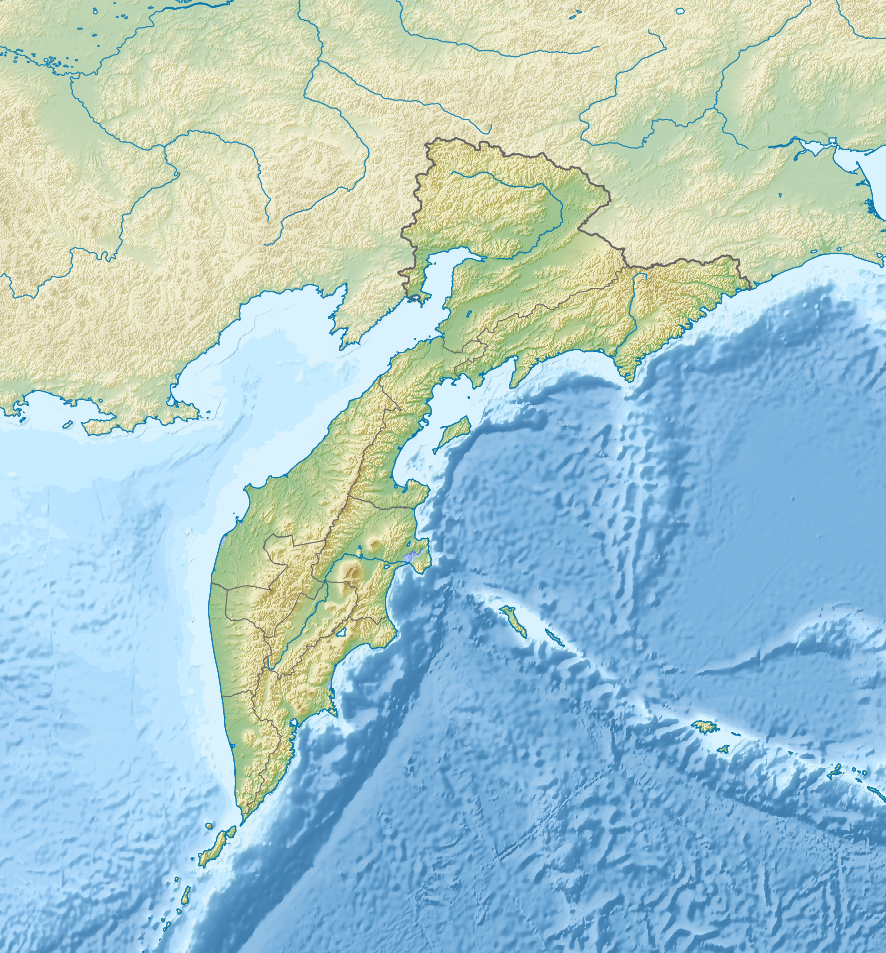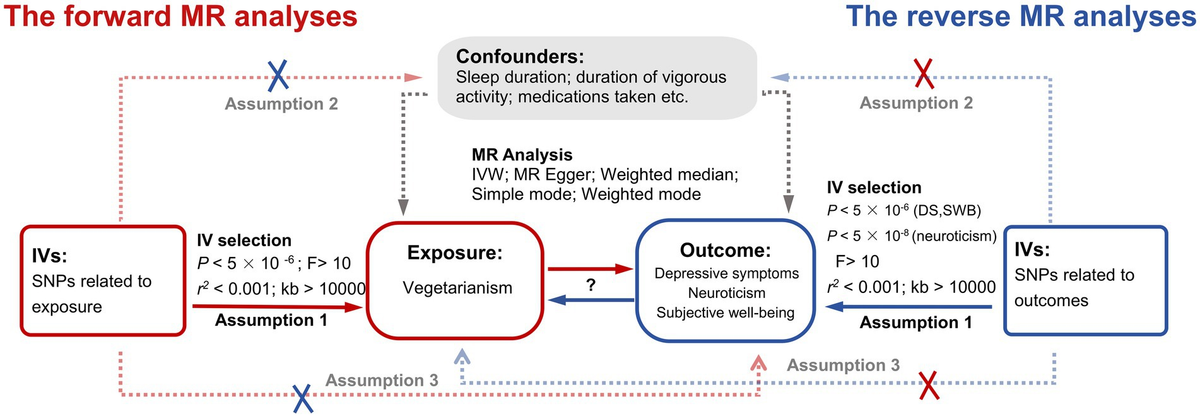.png?sfvrsn=2f011ea5_5)
How Geoblocking Limits Digital Access in Sanctioned States
Published by The Lawfare Institute in Cooperation With
This article draws from our paper “Digital Discrimination of Users in Sanctioned States: The Case of the Cuba Embargo,” published for the 2024 USENIX Security Symposium with the Distinguished Paper Award.
Cuba has one of the world’s most digitally repressive regimes. The government blocks many digital platforms, including Facebook, WhatsApp, Instagram, and Telegram; it also has among the slowest internet speeds globally and limited internet penetration. Udemy, a prominent learning platform, is inaccessible in Cuba. So is Spotify—with podcasts like “Cuban Family Roots” and “History of the Cuban Revolution”—and Zoom, the world’s most popular online video conferencing service. But it’s not the Cuban government that’s blocking these services—it’s the platforms themselves.
Faced with ambiguous and evolving rules about how to operate in sanctioned states, websites voluntarily de-risk and block users from their platforms through location-based discrimination. The U.S. has tried to promote internet access and combat censorship in Cuba; in May, the U.S. government again clarified how sanctions apply to digital platforms. However, our new research shows for the first time the true scale of geoblocking. Digital equality is about not just differences in infrastructure and censorship but also whether websites themselves allow users to access their platforms.






_social_media.jpg)














